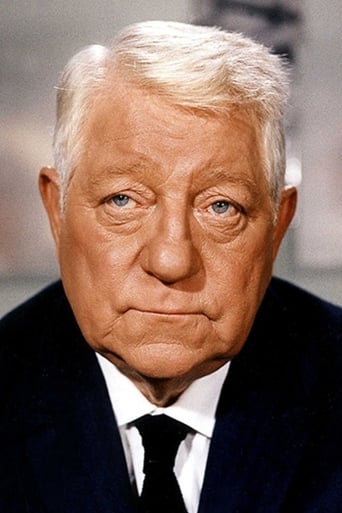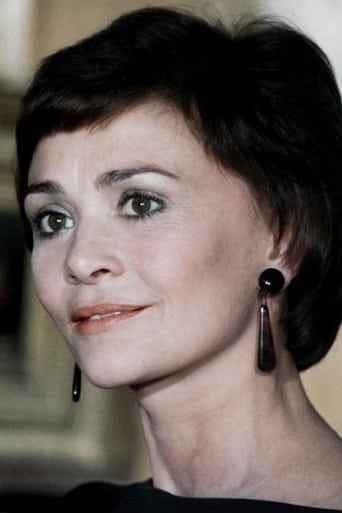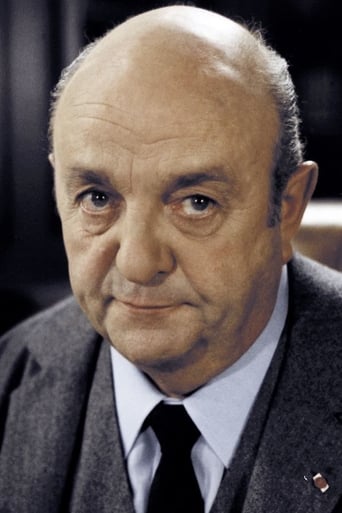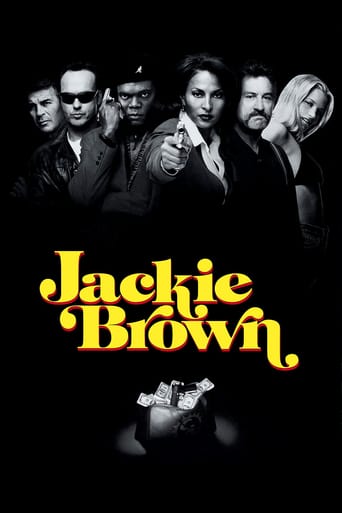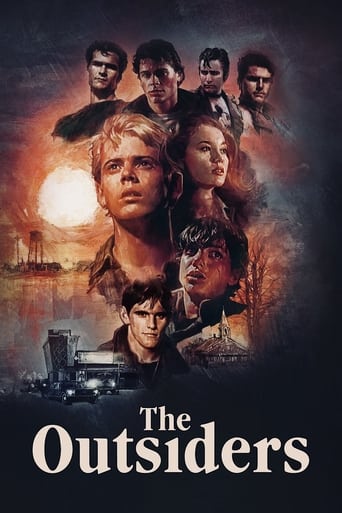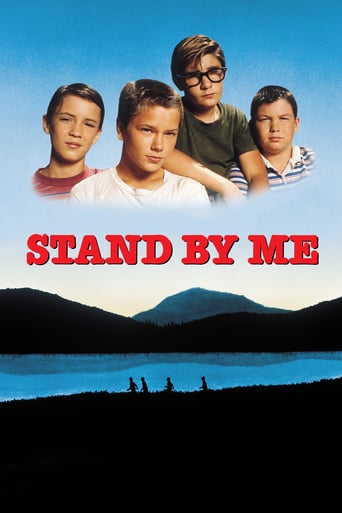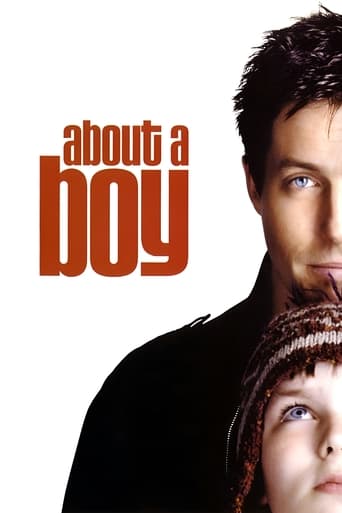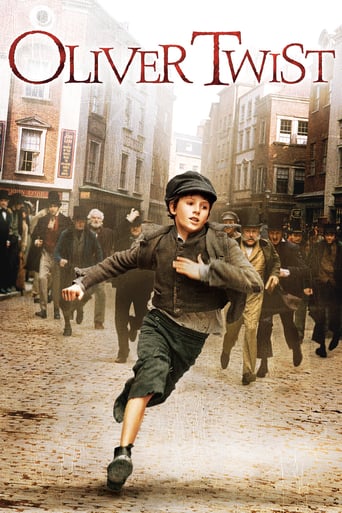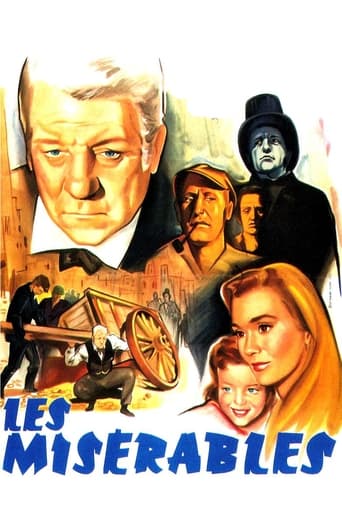
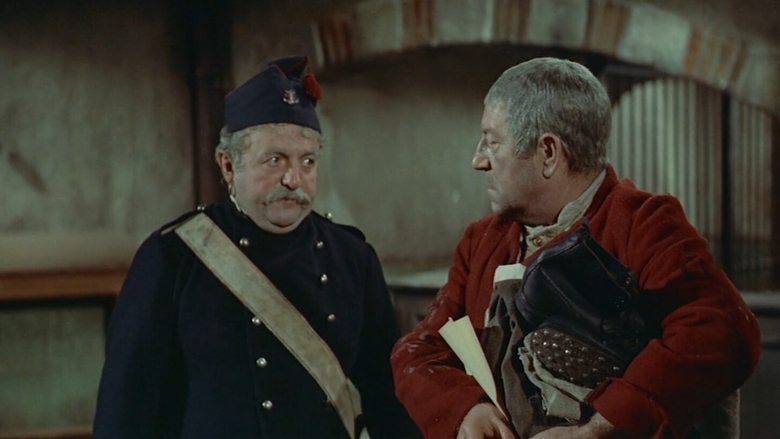
Les Misérables (1958)
In 19th century France, Jean Valjean, a man imprisoned for stealing bread, must flee a relentless policeman named Javert. The pursuit consumes both men's lives, and soon Valjean finds himself in the midst of the student revolutions in France.
Watch Trailer
Cast


Similar titles
Reviews
How sad is this?
what a terribly boring film. I'm sorry but this is absolutely not deserving of best picture and will be forgotten quickly. Entertaining and engaging cinema? No. Nothing performances with flat faces and mistaking silence for subtlety.
The film's masterful storytelling did its job. The message was clear. No need to overdo.
Great movie. Not sure what people expected but I found it highly entertaining.
Recently I bought the film Les miserables on DVD, because in my youth it had made a deep impression. The French release is rather expensive, but fortunately there is also a cheap Chinese version, with subtitles that can be switched off. This requires that you understand French. Joke to enliven this review: acupuncture fees in China are so cheap it is called pin money. Perhaps the outstanding quality of the film is illustrated best by the fact, that even today I recognized many of the scenes. And believe me, I am old, I can remember when everything was fields. I start doing jigsaw puzzles again. The film excels in its plot, in the gifted actor Jean Gabin, in the scenery and in the music. The narrative is so characteristic of the nineteenth century, with a clear division between good and bad. It is true that Jean Valjean (Jean Gabin) has a criminal past, but actually this derailment is caused by a crooked society. And when Valjean is converted by a priest, he remains an angel for the rest of his life. What kind of fun does a priest have? Nun. In addition all love is pure. When the adopted daughter of Valjean meets a young man, it is love at first sight. In addition the political situation is fascinating. We see how street battles put aside the remnants of the royal rule. So there is plenty of romance, and this is of coarse what made Les miserables so appealing to the adolescent that I was. And I suppose that the film may still be attractive to people in developing countries like China. For, as Confusius said: war does not determine who is right, war determines who is left. On the other hand, the contemporary postmodern Westerner may take offense at the lack of nuance and psychological depth. Not withstanding this flaw, the film remains highly recommendable. Don't forget to leave comments. I love it.
Jean-Paul Le Chanois,as anyone past infancy knows ,at least in France ,was the "Bête Noire" of the Nouvelle Vague .More than any other director,Godard and his clique were ruthless when they used to speak of him.Unlike Carné ,Duvivier,Clouzot and Grémillon- other victims of the Young Turks who were better than their persecutors anyway- ,he was never restored to favor even by the contemporary critics.Jean Tulard writes in the "Dictionnaire des Réalisateurs" ::" He represents the mediocrity of the fifties cinema (...)He made the worst of all "les Miserables" versions(..) " Objections to Le Chanois's version remained: the pictures are too clean,the characters (particularly Danielle Delorme's Fantine) seem well-fed .Bourvil is miscast as Thenardier:he is too gentle ,too nice to portray him successfully.Cosette is forgettable as a girlie,she is totally bland as Marius's love.How can a director be wrong with the famous scene of the doll,which every French schoolboy and every schoolgirl in my country know by heart? Such is the case here.Waterloo battle and the scenes on the barricades are not really exciting .(But Hossein's slow motions in the 1982 version starring Lino Ventura were not really an improvement on it.On the plus side,Gabin is a good Valjean -he does not equal Harry Baur in the Raymond Bernard version though- and Bernard Blier is the best Javert I've ever seen.The Valjean/Javert relationship would inspire lots and lots of screenplays,"the fugitive" for instance.Also worthwhile is Silvia Montfort's portrayal of Thenardier's daughter:she easily outclasses Beatrice Altariba's Cosette.People complain because there are scenes in the novel that were not filmed.Let's not forget that it's a mammoth novel:only a miniseries could do Hugo justice.And anyway it's better than the Liam Neeson version and its happy end.NB:When the movie was released in France it was divided into two parts (called "epoques" (=eras)) which was the word they used at the time and the audience was invited to come back and thus pay twice to see the whole.
In the middle 1950s two film versions of Hugo's best remembered novels appeared and disappeared very quickly in movie houses. This French version of "Les Miserables" was one. The other was a French/Italian version of "Notre-Dame De Paris/The Hunchback of Notre-Dame". That one starred Anthony Quinn as Quasimodo and Gina Lollabrigida as Esmarelda. Both films were actually quite good, and were the best straight versions of the novels to try to get most of the stories onto the screen. However, both were too long for most audiences, especially this version of Les Miserables. This ran over three hours. As pointed out in the other review that I wrote about the 1935 version of Les Miserables, that film version is the best normal screen length film version. But the performance of Jean Gabin as Jean Valjean in this film is superior to the performance of Fredric March in the same role. I would also note that the performance of Bourvil as Thenardier is the best I've seen (even better than Ian Holm's in the 1978 version). Thenardier is an even slimier villain than Javert is, but Javert's single minded pursuit of Valjean in the novel makes the antics of Thenardier look secondary, and they are usually dismissed in the filmed versions (though not in the musical version). Check out the scene where Thenardier and his goons kidnap Valjean for ransom, and the latter demonstrates how tough he is effectively thwarting the plan. It does not appear in the 1935 version.
Being a diehard Les Miserables fan, I first learned the musical and then read the book. The musical, though wonderful, was nothing in comparison to the book; there was just so much material in the book that it couldn't all be put in the musical. In this movie adaptation, however, much effort is made in accuracy to not only the plot of Victor Hugo's novel, but the atmosphere and characters. Scenes are filmed as near to where they actually took place in the book as possible, and characters reflect the Hugo's original intentions. The plot is concise enough to be understandable, but full enough to give the viewer a true sense of Hugo's message. Overall, it is a wonderful adaptation and an excellent film.


